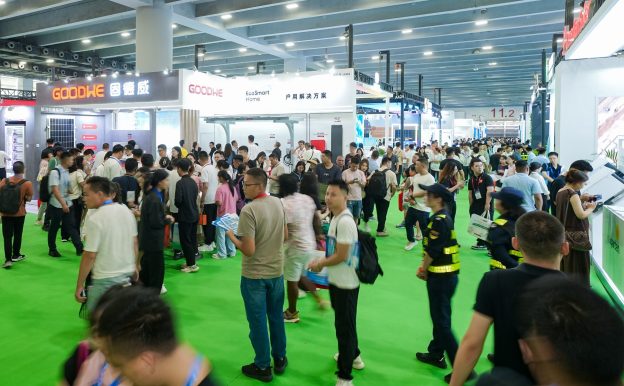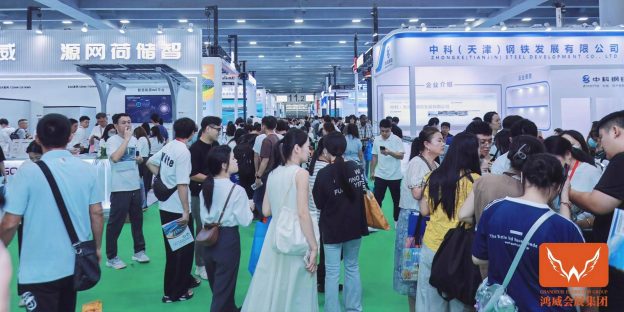TECO firstly attended the Eco House exhibition at this year’s World Smart Energy Week, showing wind energy and PV components and motors. TECO chairman C.K. Liu was in attendance at the exhibition and discussed with EnergyTrend reasons behind their entrance into the Japanese market and future goals.
The International Electrotechnical Commission (IEC) launched the IEC60034-30 international standard for cage-induction motors with energy-efficiency classes that included IE1, IE2, and IE3 in 2008. Two years later in 2010, the IEC introduced an addition class with the EC60034-31 with included IE4, used to reduce the energy consumption of motors.
Japan and Europe will stop sales of IE2 motors by 2015 and replace them with the more efficient IE3, said Liu. With Japan stopping sales and replacing motor standards, TECO is able to use this opportunity to break into the market. Japan is a manufacturing giant and many domestic Japanese brands have the protection of being on home soil. Although TECO motors are better in quality, the company is not able to easily secure a solid market share unlike with the U.S. and Canada.
Entrance into the Japanese market will not only bring TECO more opportunities, but will allow the company to sell the IE3 motor at IE2 prices. This provides high quality and highly efficient motors at more consumer friendly prices. Liu however points out that in regard to price, it is important to note that domestic manufacturers are equally as strong and that prices that are too low will make it easier for the product to be associated with lower quality.
▲TECO Motors showcases their star during this year’s exhibition: the IE3 high efficiency motors
With the time to break into the Japanese market with the IE3 motor coming up, the company is also driven by the concept to be energy efficient and reduce carbon emissions. The company is moving towards wind generated power and electric vehicles to reduce carbon emissions and increasing energy efficiency by improving already highly efficient motors.
Motors’ power consumption from developed counties makes up 47 percent, which Taiwan makes up 45 percent. The proportion has still not reached the standard and therefore as long as motors can save 1 percent of power, other proportions will be equally optimistic, said Liu. If Taiwan upgraded IE1 motors that are largely used in the country to IE3 for example, it could save 8 percent in power consumption and cut electricity used in Taiwan in half in one year. Upgrading motor efficiency can reduce electricity without changing usage habits.
▲The company’s IE4 motor is already ready but will not be released just yet
The U.S. and Canada have recently shown good performance making up 23 percent and 30 percent of the market respectively. Both regions have switched to the IE3 motor over the past two years, which has driven performance for TECO. The Japanese market is new frontier for the company and they hope for two to three times in growth.







